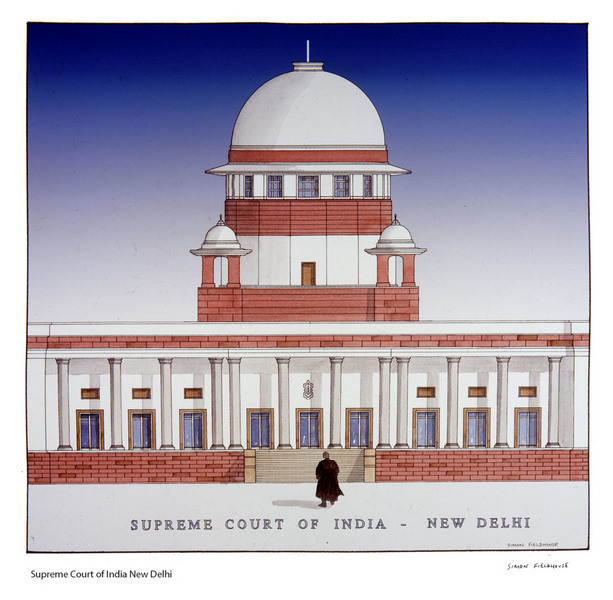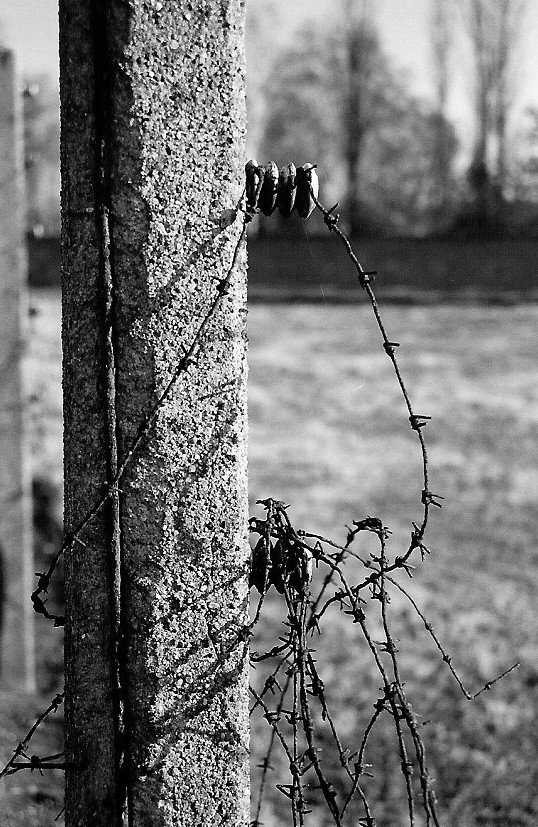DAY 507.1 | India’s top court declines to legalize same-sex marriage in landmark ruling
On 7 September 2018, a 5-judge constitutional bench of Supreme Court of India invalidated part of Section 377 of the Indian Penal Code, hence making homosexuality legal in India
New Delhi, CNN — India’s top court has declined to legally recognize same-sex unions in a landmark ruling that also emphasized the rights of the LGBT community to be free of prejudice and discrimination.
Campaigners had sought to obtain the right to marry under Indian law, giving them access to the same privileges extended to heterosexual couples, but while that was denied they welcomed the court’s recognition of their relationships.
A five-judge constitution bench led by India’s chief justice delivered the much-anticipated verdict on Tuesday, streamed live across the nation and to crowds outside the court who gathered to watch on their cellphones.
During the two-hour ruling, Chief Justice D. Y. Chandrachud said queerness is a “natural phenomenon,” and told the government to ensure the “queer community is not discriminated against because of their gender identity or sexual orientation.”
Justice S. Ravindra Bhat said the right of LGBT couples to choose their partners was not contested, and they were entitled to celebrate their commitment to each other “in whichever way they wish within the social realm.”
However, he added: “This does not extend the right to claim any legal entitlement to any legal status for the same union or relationship.”
Bhat called for a “high-powered committee” to be formed to evaluate laws that indirectly discriminate against LGBTQ couples by denying them “compensatory benefits or social welfare entitlements” that usually come with being legally married.
“This court cannot within the judicial framework engage in this complex task, the state has to study the impact of these policies and entitlements,” he said.
India’s marriage laws bar millions of LGBTQ couples from accessing legal benefits attached to matrimony in relation to matters including adoption, insurance and inheritance.
More than a dozen petitioners had challenged the law, taking their case to the Supreme Court, which heard their arguments during hearings in April and May.
A complicated history
India has a large LGBT community and celebrates gay pride in cities across the country but attitudes toward same-sex relationships have been complicated.
Hindu mythology dating back centuries features men transforming into women and holy texts include third gender characters. But same-sex intercourse was criminalized and marriage rights limited to heterosexual couples under a penal code introduced by India’s British former colonial rulers in 1860.
During nearly a decade in power, Indian leader Narendra Modi and his ruling BJP party have been keen to shake off India’s colonial baggage, renaming streets and cities and championing an India in charge of its own destiny. But Victorian laws governing same-sex marriage are one throwback to the colonial past his party has fought to retain.
Campaigners in India have said the law doesn’t only trap members of the LGBTQ community in the closet, but also invites other forms of discrimination and provides a cover for blackmail and harassment.
After a decade-long battle in 2018, the Supreme Court struck down the colonial-era law that criminalized same-sex intercourse – though it left intact the legislation limiting marriage to heterosexual couples.
Since then, surveys have shown that acceptance of homosexuality has grown.
According to a Pew survey published in June, 53% people believed homosexuality should be accepted – a 38% increase from 2014.
Yet, despite this larger embrace, conservatives within India have been opposed to same-sex unions.
Top leaders from the country’s various religious organizations came together earlier this year to say marriage “is for procreation, not recreation.”
Source: CNN, Staff, October 17, 2023
*Click*
Disclaimer: If you are the copyright owner of a photograph, video, artwork, text posted to this nonprofit blog and want it removed/credited, please contact me at mynarrowcorner@gmail.com and the item(s) will be promptly taken down/credited.











Comments
Post a Comment
Make my day!